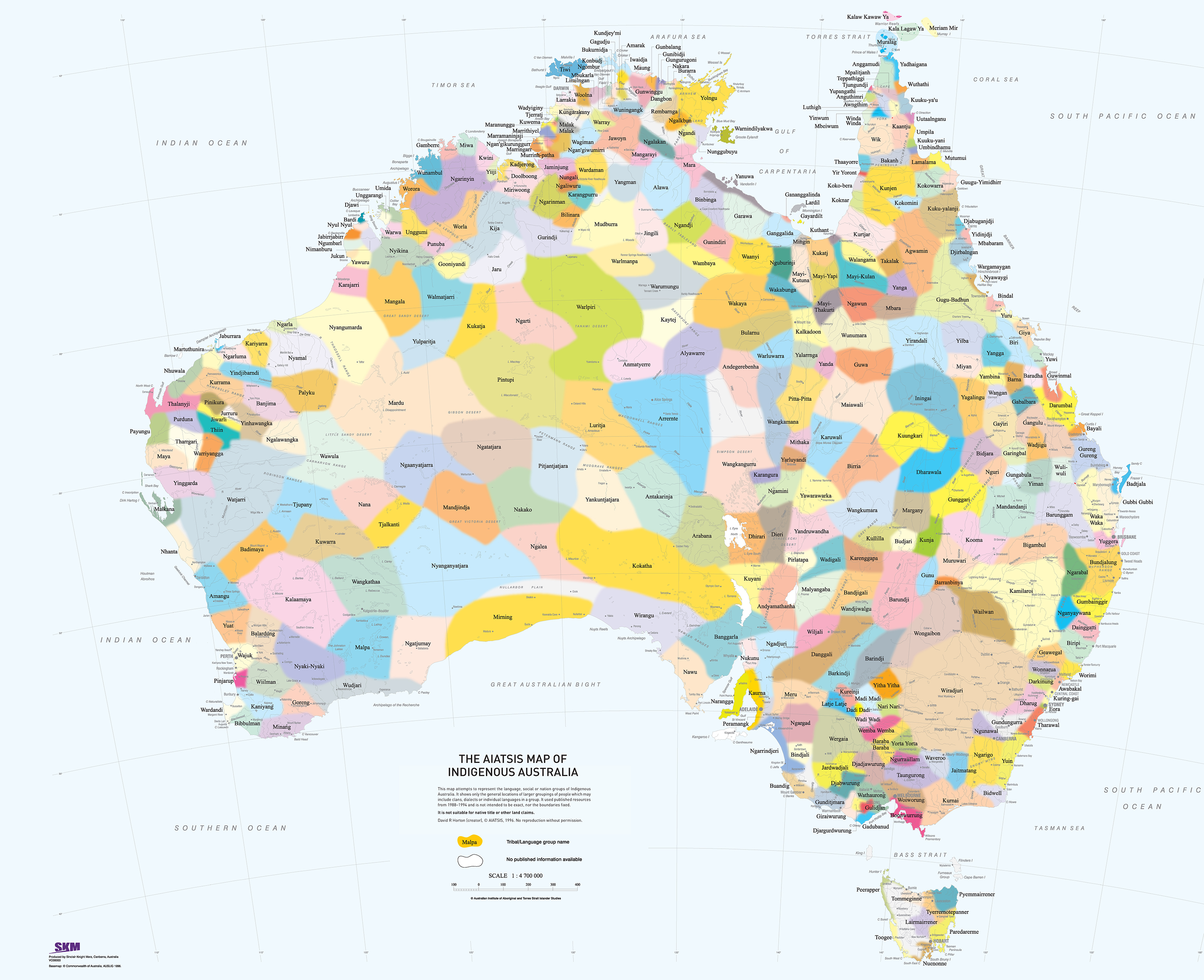Aboriginality & the Land Definitions
1/15
Earn XP
Description and Tags
Name | Mastery | Learn | Test | Matching | Spaced | Call with Kai |
|---|
No analytics yet
Send a link to your students to track their progress
16 Terms
Country
The land to which you belong

Dreaming
The experience of Aboriginal Peoples from creation to the present & into the future
Customary Lore
Law based on custom and tradition rather than written
Traditional law
Aboriginal Peoples have a complex system of ‘laws‘ that represented accepted practices, responsibilities and interactions. As there were no formal codified laws and formal courts under traditional law, problems regarding traditional law were handled by Elders - the most knowledgable people in the community.
disposession
People being taken away or forced from their land, their economic base, their way of life and cultures. Dispossession was experienced by many Aboriginal peoples.
dislocation
The forced movement of an individual, family or community from one area to another. This often occurred after people had been dispossessed of their land (see dispossession).
Colonisation
A process by which a different system of government is established by one nation over another group of peoples. It involves the colonial power asserting and enforcing its sovereignty or right to govern according to its own laws, rather than by the laws of the colonised
Invasion
The act of forcibly taking over the land.
resistance
One of the responses of Aboriginal people to invasion, including physical and/or political resistance
genocide
an attepmt to destroy all or part of the culture of which is a basis of group identity
shared histories
Recognises that Australia’s history began long before 1788 and that, since then, Aboriginal and non-Aboriginal Australians have had diverse historical experiences and have occupied the same Country. The term ‘Australian history’ is inclusive of the histories of all Australians
social justice
A principle that favours measures aimed at addressing inequities. It includes the rights of people to economic and social independence, and empowerment to determine the direction of their own lives’ futures. The processes and systems which shape the interaction between people, communities and governments determine the degree of social justice achieved
human rights
Human rights are those possessed by individuals. They are universal (possessed by all human beings) and are inalienable (they cannot be overridden by the public interest)
soveriegnty
The legal recognition of ownership of land and territory. Implicit in the concept is the right of self-government. Indigenous peoples have never ceded their sovereignty over Australia
terra nullius
A concept in international law meaning ‘a territory belonging to noone’ or ‘over which no-one claims ownership’. The concept has been used to justify the invasion and colonisation of Australia.
native title
Form of land title which recognises Aboriginal people as rightful owners of the land. Native Title (capitalised) refers to the legislation, whereas native title (lower case) refers to the concept.